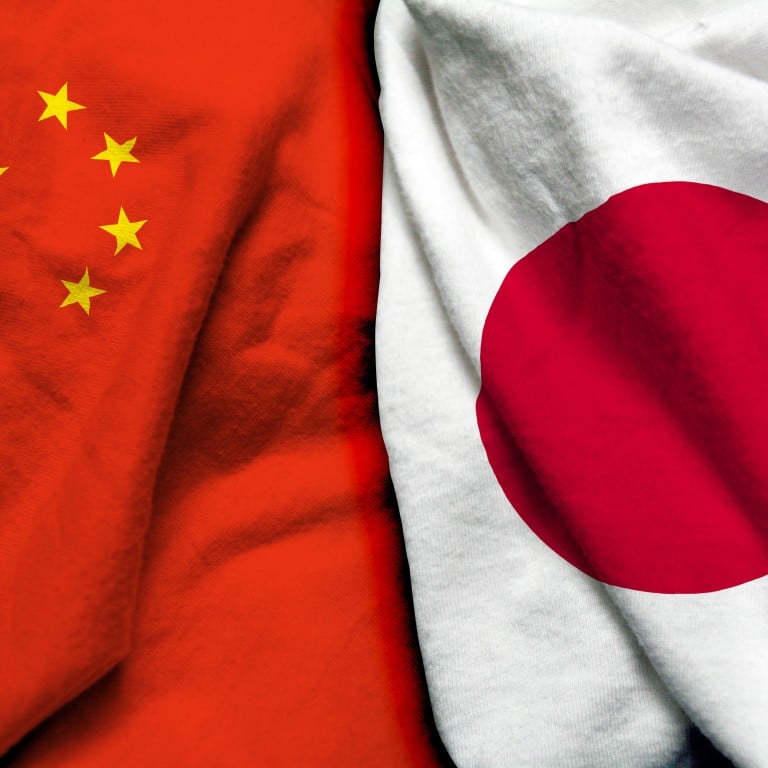
Taiwan, Beijing and the US: has Japan chosen a side?
- Japanese officials have shown support for the self-ruled island while defence white paper calls for vigilance with ‘a sense of crisis’
- Chinese observers say the country’s strategic direction has shifted and Beijing-friendly voices in Tokyo have been muted
“Japan’s strategic direction has shifted since [US President Joe] Biden took office,” Hu Jiping, vice-president of the China Institutes of Contemporary International Relations, said at a recent seminar in Beijing. “In order to pander to the US, Japan has exaggerated the conflict over the East China Sea and put more emphasis on its differences with China in terms of security and democratic values.”
Relations between China and Japan are often described as “economics hot, politics cold”, reflecting the fact that growing economic ties have not translated into closer political relations. According to Hu, Tokyo’s recent pushback against Beijing suggests Japan could be willing to sacrifice those economic ties in favour of its security cooperation with the US.
“China-Japan relations seem to be at a crossroads,” Hu said. “This is a worrying development.”
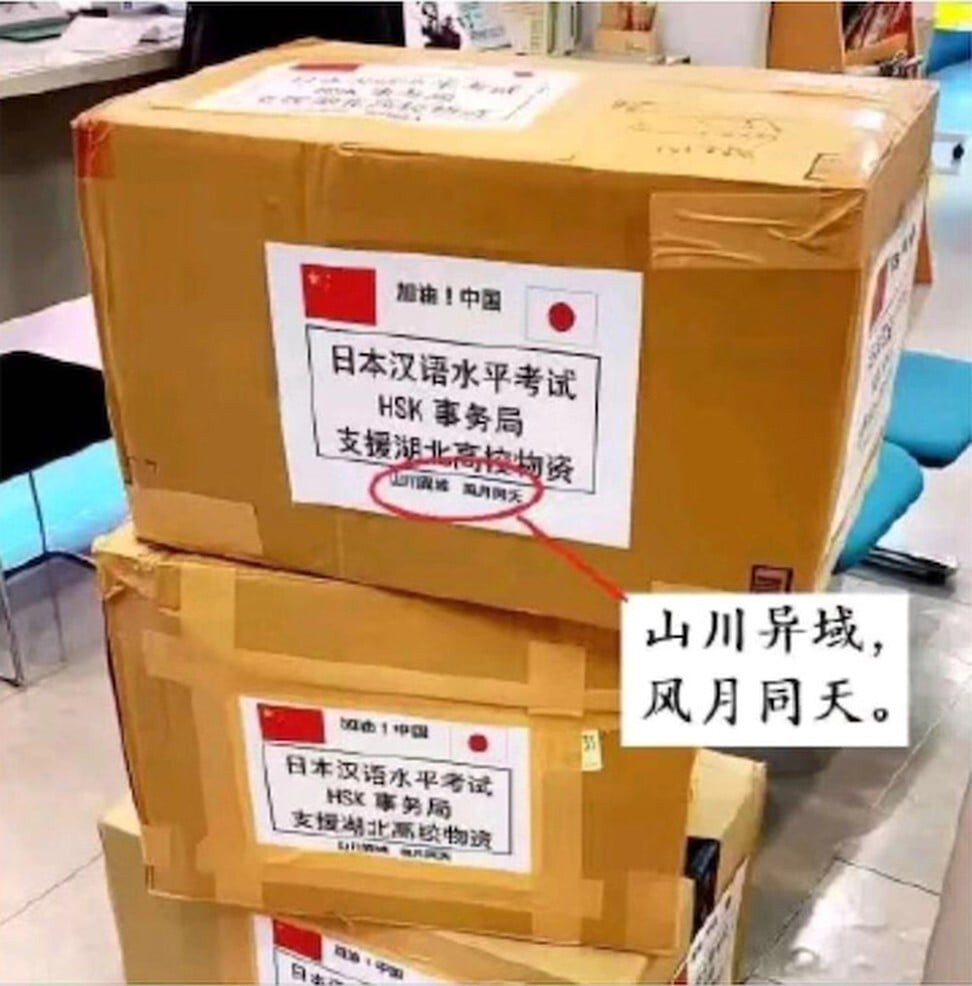
In addition, China introduced a coastguard law in January that allows its coastguard to fire at foreign vessels, fuelling concerns in Japan.
And as Beijing has ramped up pressure on Taiwan, including regularly sending warplanes into its air defence zone, Japanese officials have become increasingly vocal in their support for the island.
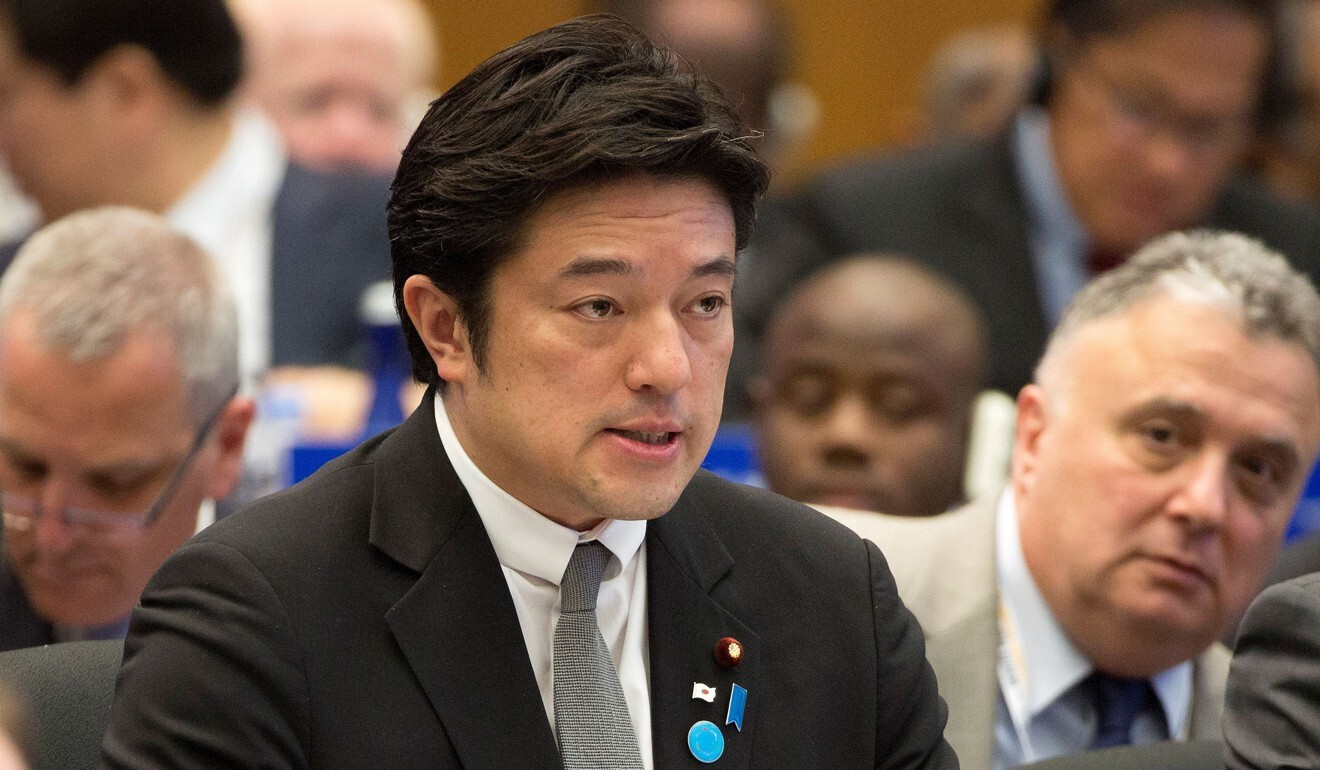
Beijing sees self-ruled Taiwan as part of its territory to be eventually brought under its control, and has not ruled out the use of force to do so.
“Stabilising the situation surrounding Taiwan is important for Japan’s security and the stability of the international community. Therefore, it is necessary that we pay close attention to the situation with a sense of crisis more than ever before,” the white paper said.
“The overall military balance between China and Taiwan is tilting to China’s favour, and the gap appears to be growing year by year. Attention should be paid to trends such as the strengthening of Chinese and Taiwanese forces, the sale of weapons to Taiwan by the United States, and Taiwan’s own development of its main military equipment.”
Japanese defence ministry officials have insisted there has been no change in policy on Taiwan. One defence official gave a background briefing that, unlike the US and its European allies, Japan would not recognise China as a security threat but was concerned about its military build-up. “We have conducted robust analysis on China’s capabilities in the white paper, in particular on ballistic missiles, nuclear capabilities, and the situation over the East and South China Seas,” he said.
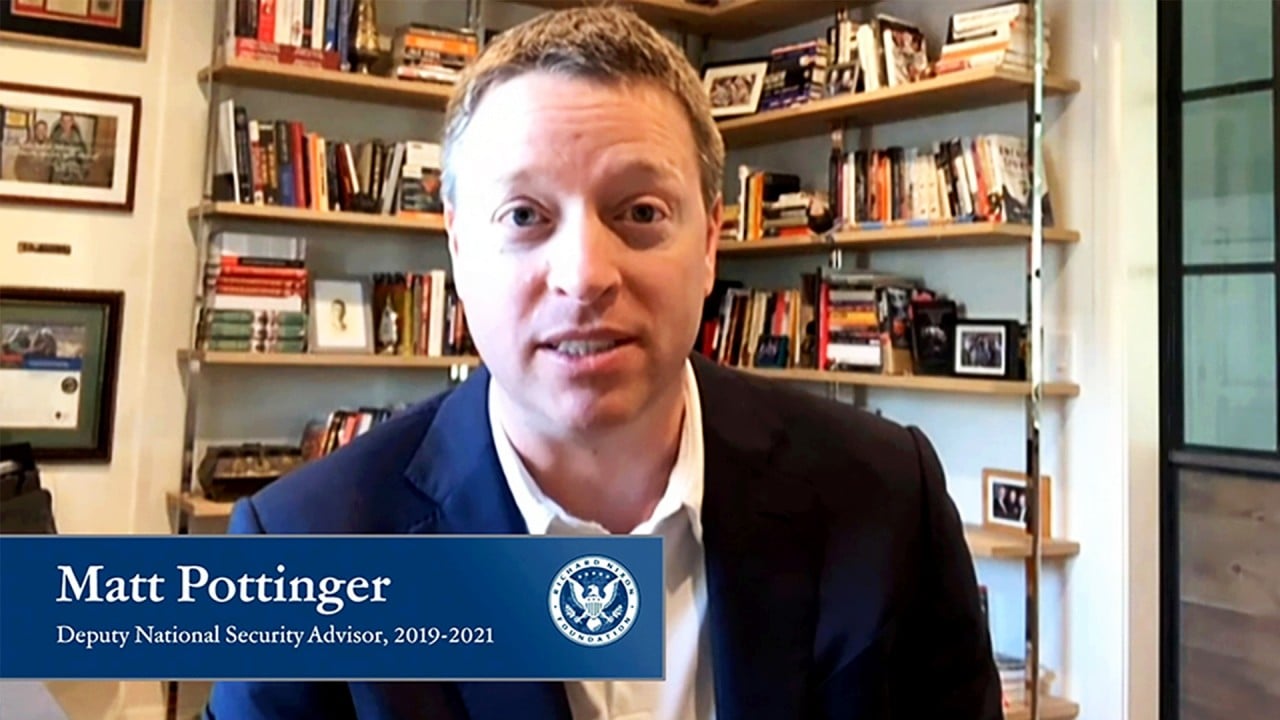
03:25
Japan likely to defend Taiwan if Beijing makes moves, says ex-US national security official
“The Chinese side summoned our diplomats immediately after we announced the decision [on the Fukushima waste water]. But oddly, they did not do that after Taiwan was mentioned in the joint communique from the US-Japan summit,” said a Japanese official, speaking on condition of anonymity, adding that he had expected a much tougher response from Beijing over Taiwan.
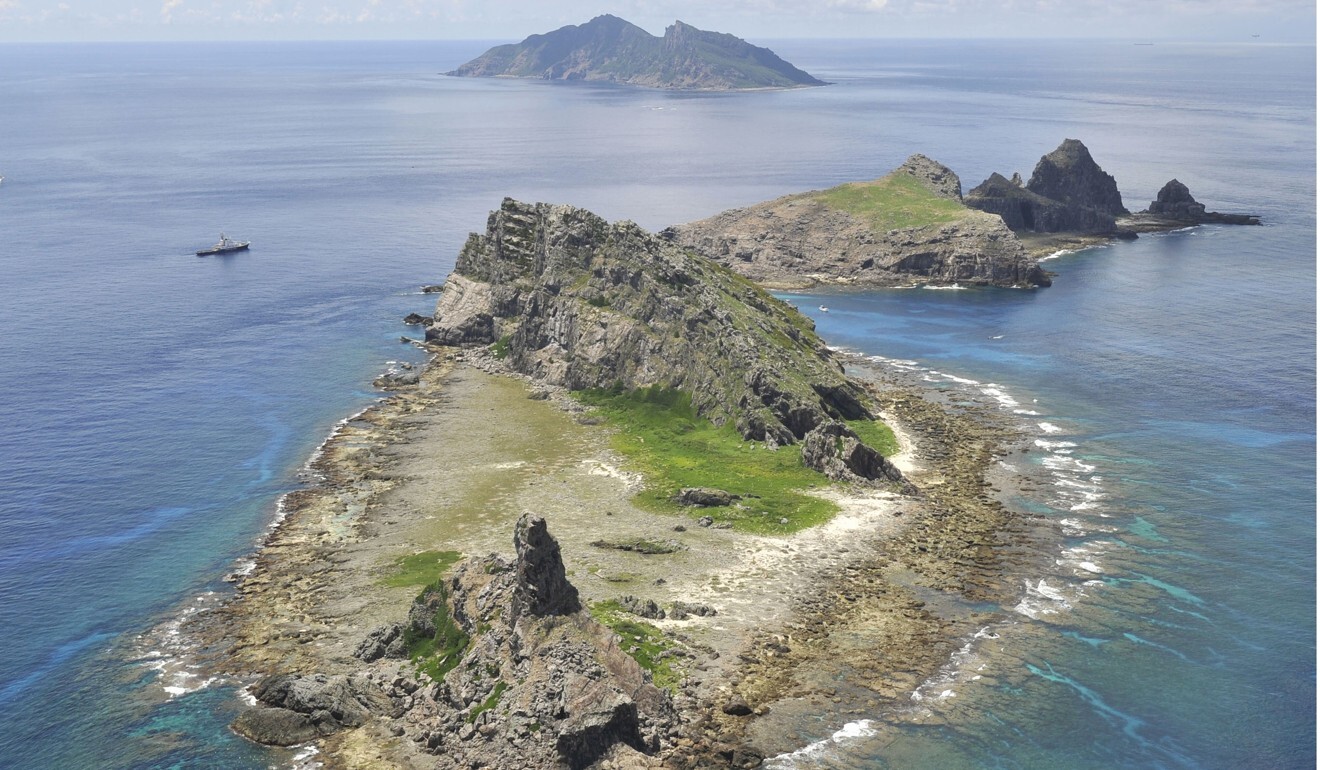
According to a Financial Times report, the US and Japan have held joint military exercises to prepare for a potential conflict with Beijing over Taiwan.
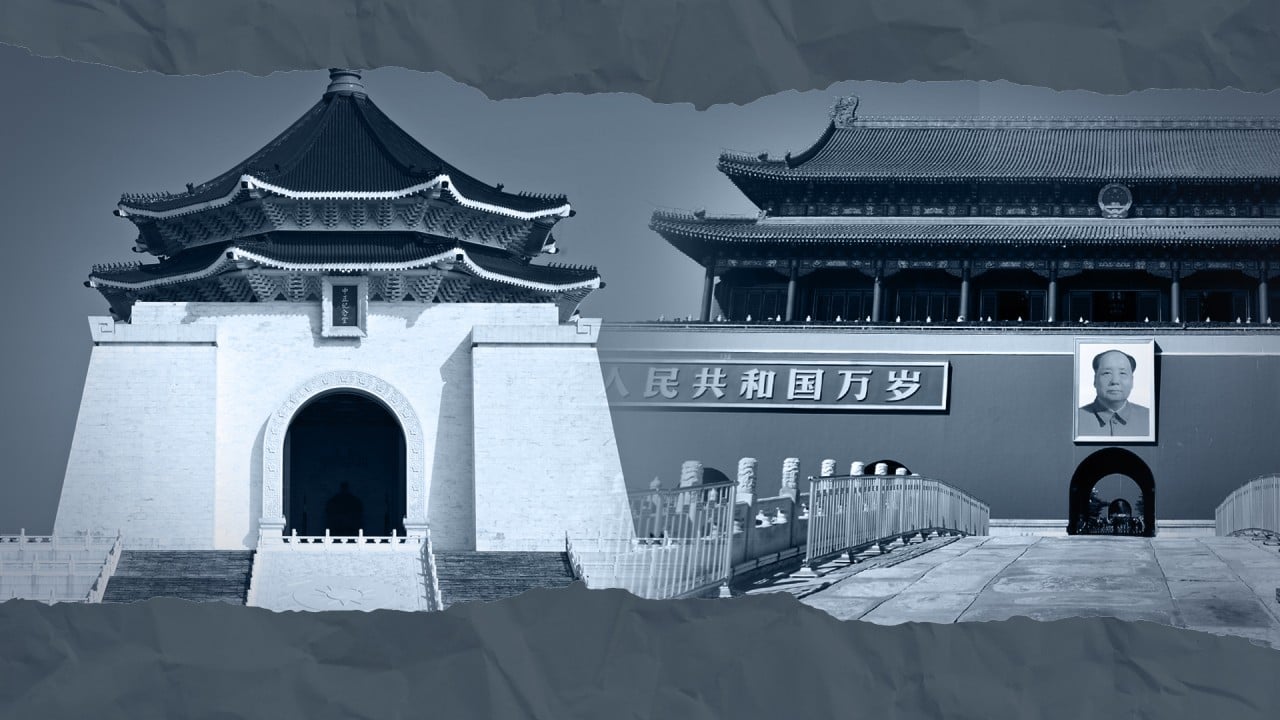
10:22
Why has the relationship between the Chinese mainland and Taiwan taken a turn for the worse?
As the relationship between the two neighbours drifts further apart, observers have pointed to a lack of Beijing-friendly decision makers in Tokyo. They include Toshihiro Nikai, secretary general and second-in-command of the ruling Liberal Democratic Party, who is seen as one of the pro-China voices that has been muted amid the prevailing anti-China sentiment.
“It’s not a coincidence that, one after another, Japanese politicians have come out to discuss Taiwan,” he said. “There has always been a faction of Japanese politicians – including Kishi and Nakayama – who have maintained close ties with the pro-independence forces in Taiwan. Now these people are in high office, holding power over Japan’s defence and foreign policies while those who support [mainland] China can’t speak up.”

